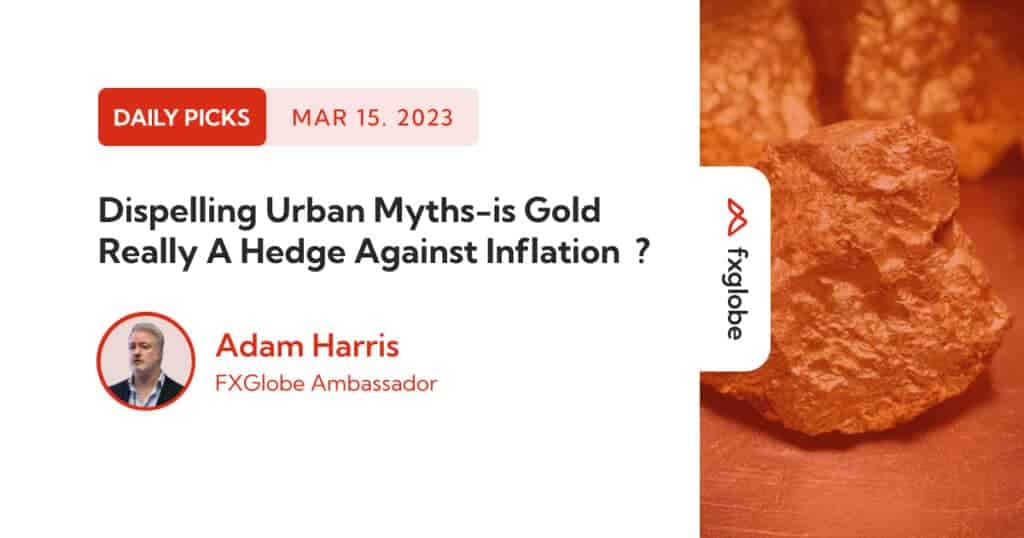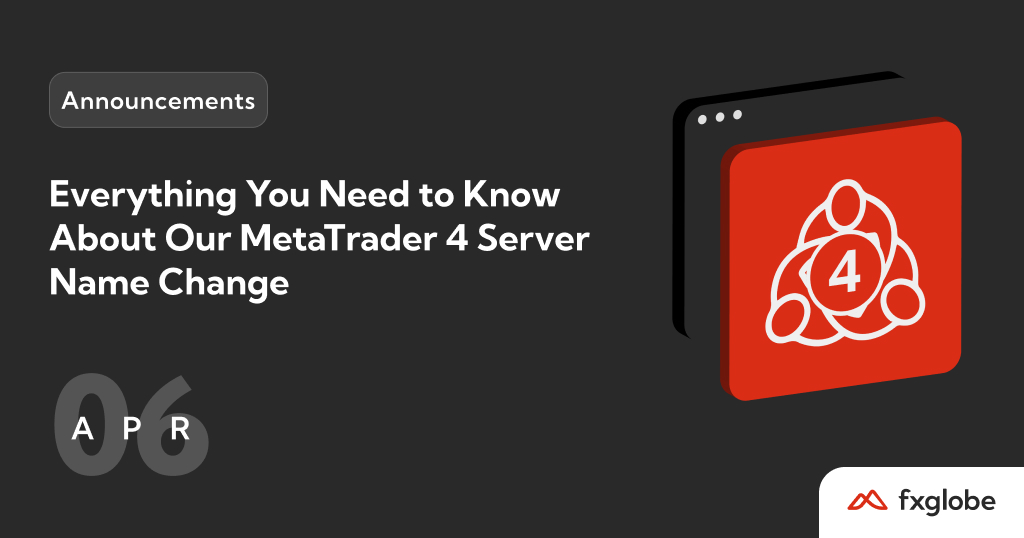
Hi traders!
Historically, gold has been considered a hedge against inflation because its value tends to rise when the cost of living increases.
The logic behind this is that as the purchasing power of paper money declines due to inflation, the value of gold, which is a tangible asset with intrinsic value, increases.
However, the relationship between gold and inflation is not always straightforward or consistent.
Other factors can also influence the price of gold, such as supply and demand dynamics, geopolitical events, and changes in interest rates.
It is also worth noting that gold is not the only asset that can serve as a hedge against inflation.
Other assets such as real estate, commodities, and certain currencies may also be effective hedges.
From 2010 to 2021, gold has been a solid performer as a hedge against inflation, increasing by approximately 146% during that time period. Real estate has also performed well, with home prices in many areas increasing significantly since the 2008 financial crisis.
In terms of other commodities, some have performed better than gold over the last 10 years. For example, copper has increased by over 200% during that time period, due in part to its widespread use in construction and manufacturing. Other commodities such as iron ore and crude oil have also seen significant increases in value over the last 10 years.
When it comes to currencies, some have performed better as inflation hedges than others. For example, the Swiss franc and Japanese yen have historically been considered safe-haven currencies and have tended to perform well during times of economic uncertainty and inflationary pressure. On the other hand, currencies such as the Argentine peso and Venezuelan bolivar have seen significant inflation and depreciation over the last decade.
Overall, while gold has been a solid performer as a hedge against inflation over the last 10 years, other commodities and safe-haven currencies have also shown strong performance in this regard.
The thing is, although we can see that other assets have performed comparatively well, would we have been able to roughly predict that ahead of time. For example, who would have thought Copper would do so well, aside from a very studious commodities analyst?
Happy Trading!








